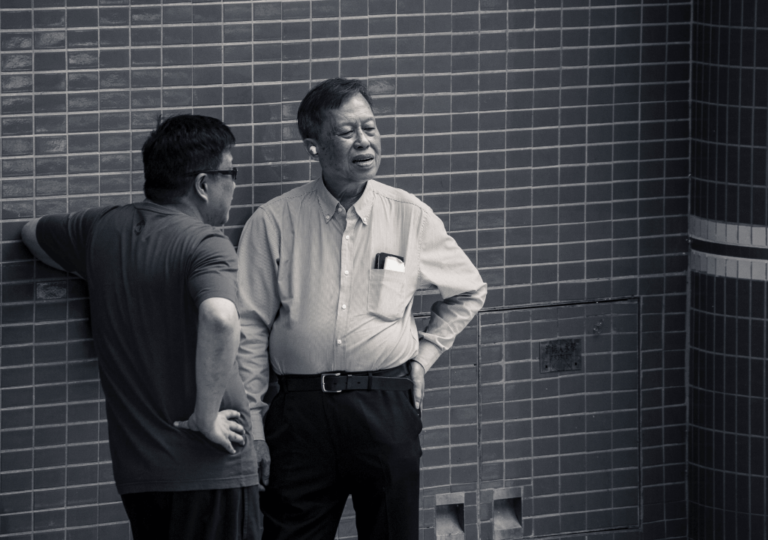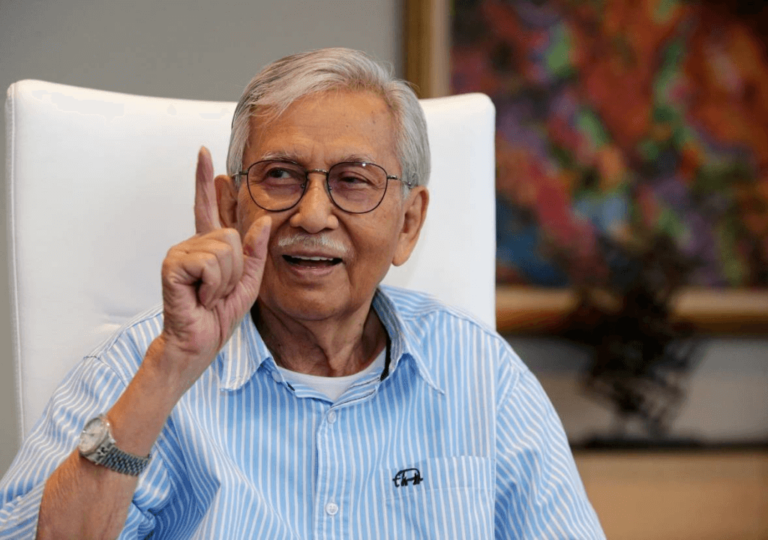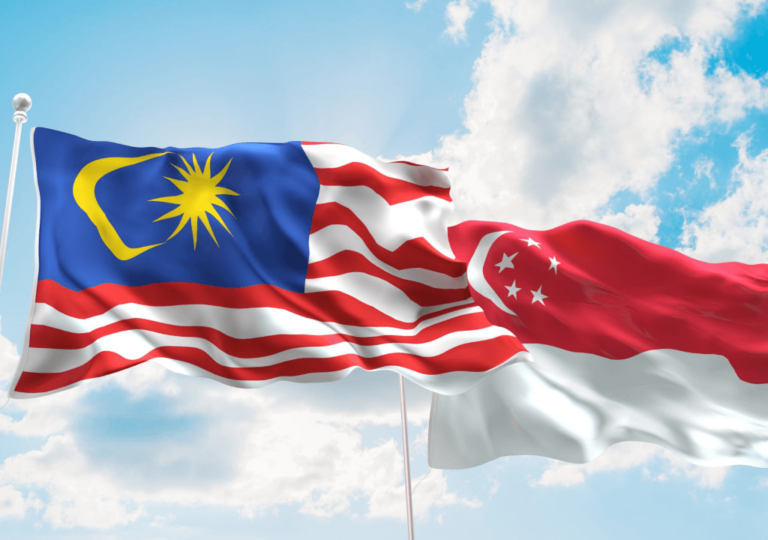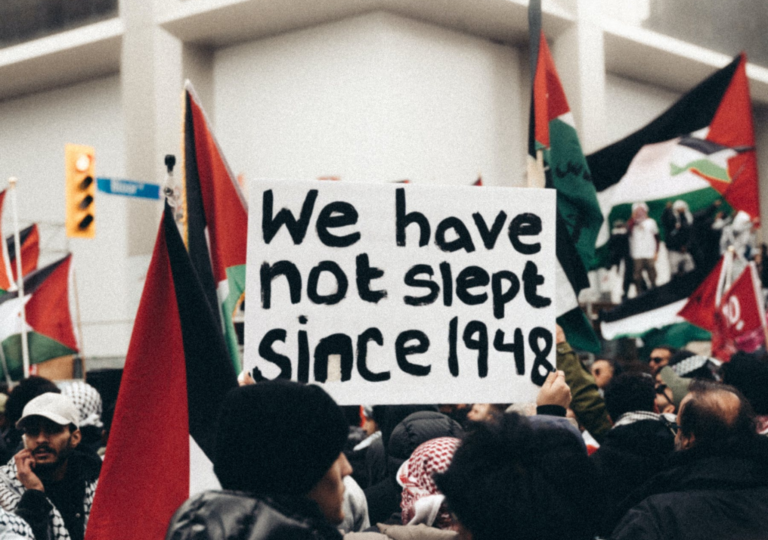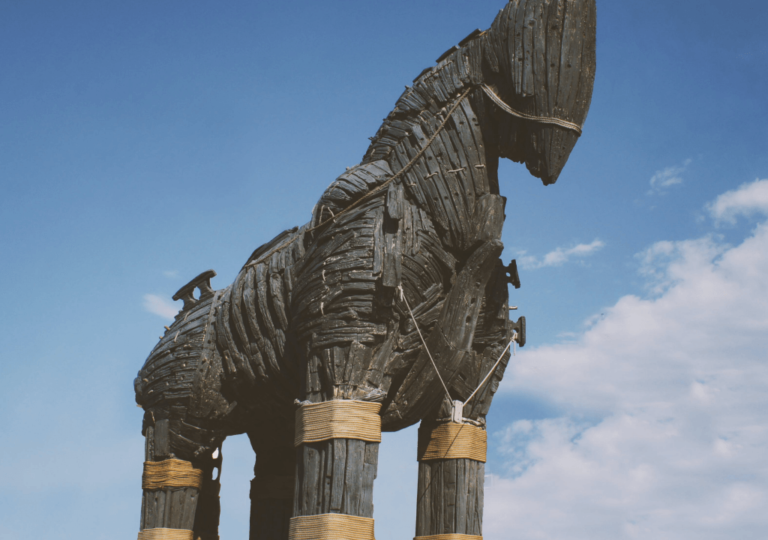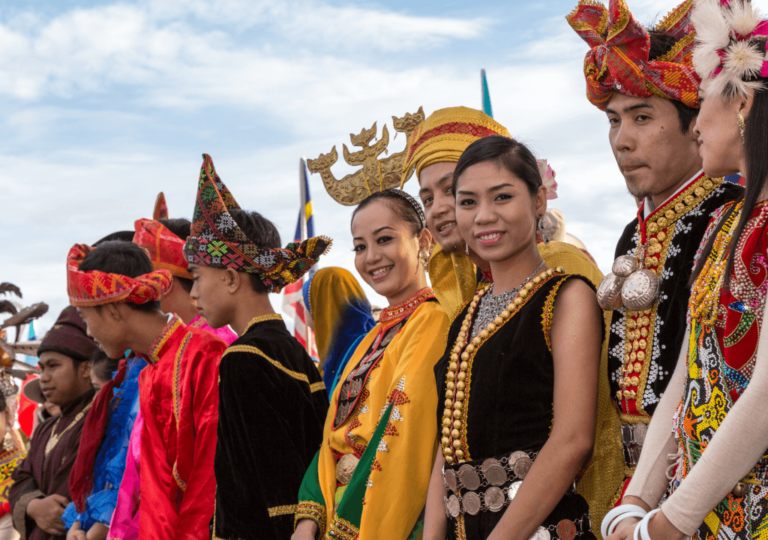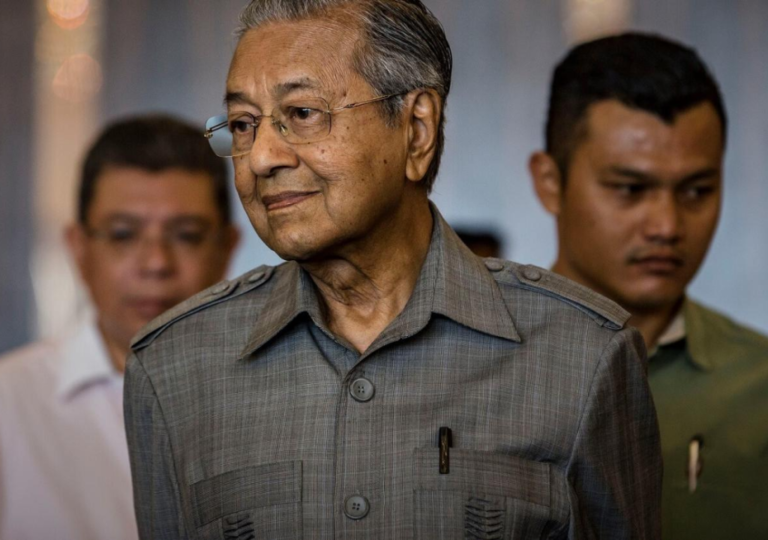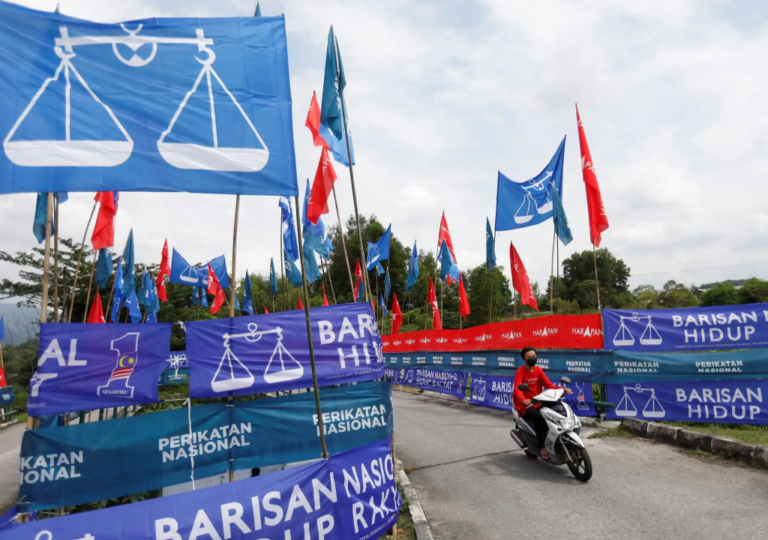Singapore Shines: A Closer Look at its Global Ranking in the Corruption Perception Index

The 2023 Corruption Perceptions Index reveals a global stagnation with an average score of 43, signaling persistent challenges. Singapore leads, while Malaysia rises, attributing success to anti-corruption efforts. Vietnam declines amid intensified anti-graft measures, emphasizing the link between corruption and justice deterioration.


